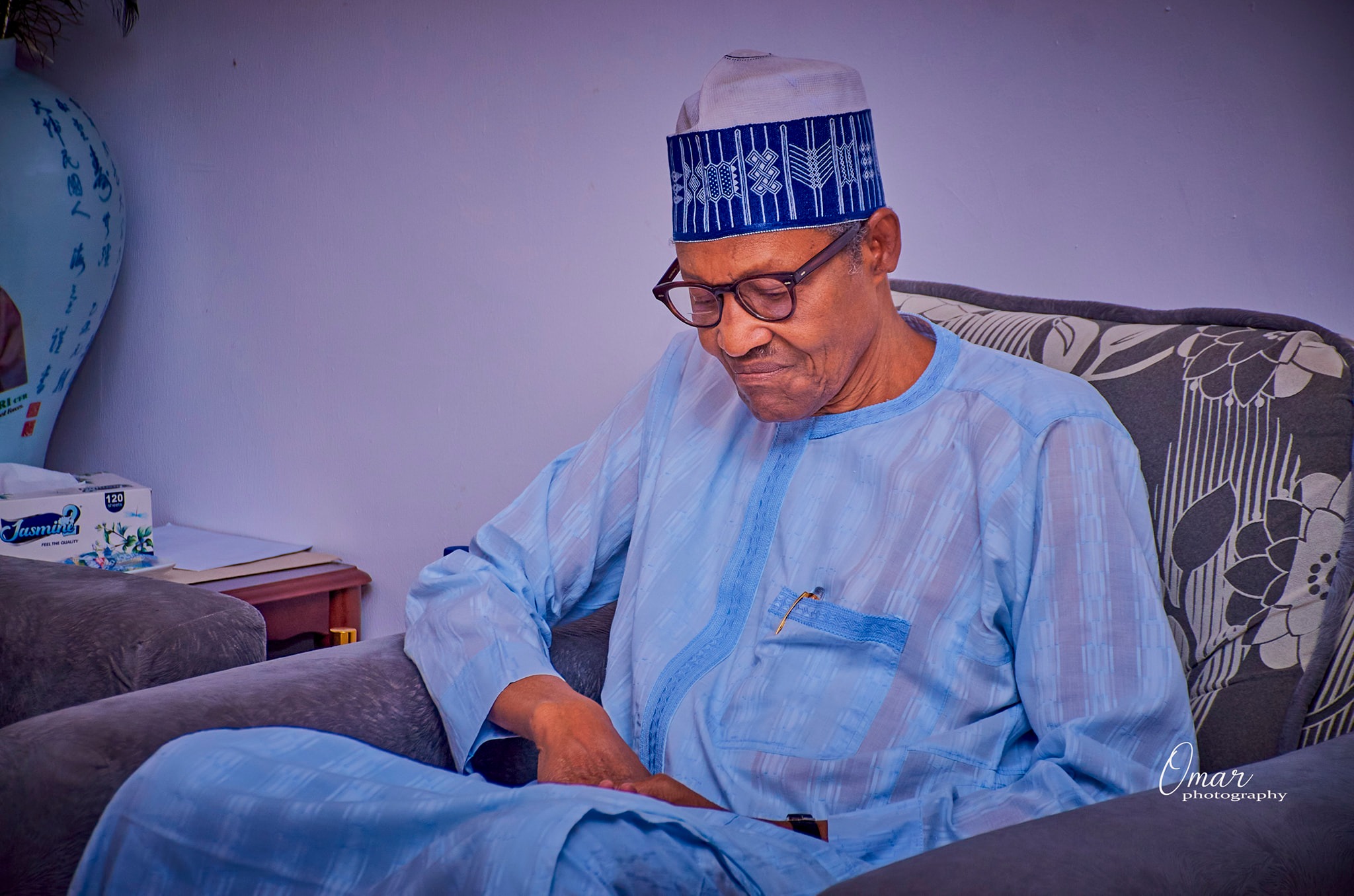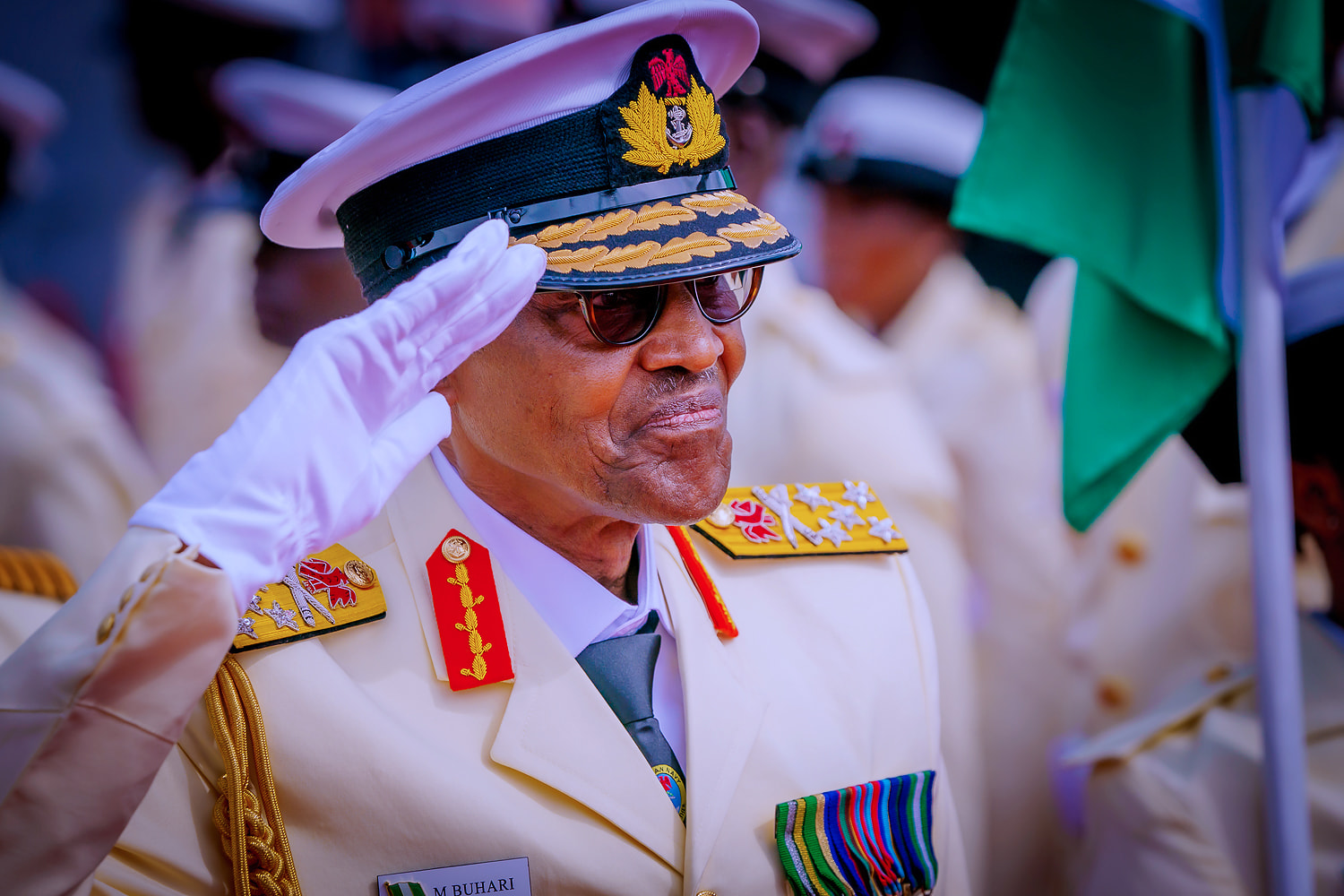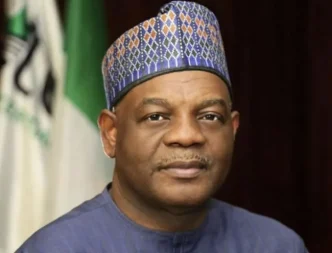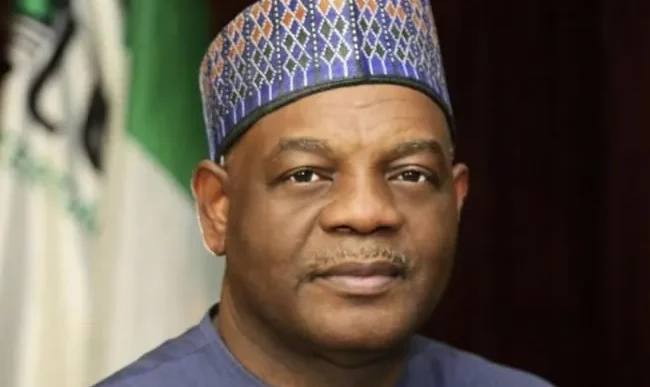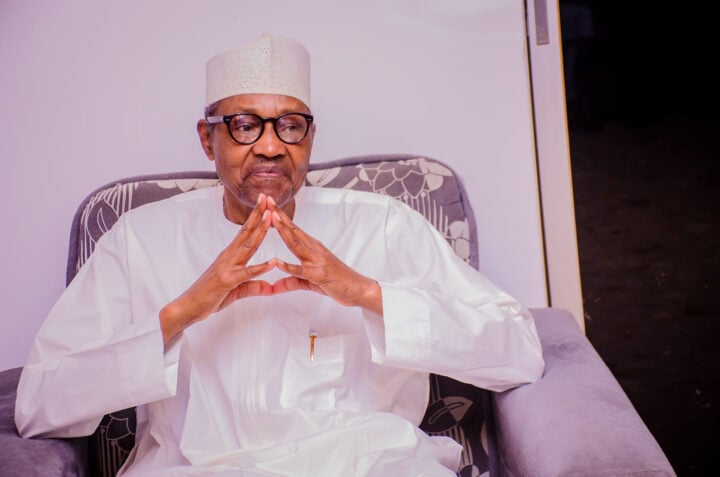When the news broke that Nigeria’s former president, Muhammadu Buhari, had passed away in a London hospital, a deafening wave of irony rolled across my consciousness. My thought process was overtaken by a sense of national guilt and loss. The man who ruled Africa’s most populous country for about ten years (20 months as a military head of state and eight years as an elected president) had to rely on foreign medical care to draw his last breath. It was a bitter punctuation mark on a tenure that left Nigeria’s health sector gasping for oxygen.
As we commiserate with the bereaved, we must remember that, Buhari’s time in office will be remembered, less for what he built, and more for what he did not. Nowhere is this more glaring than in the health sector, a fundamental pillar of national development. Remember, a healthy nation, they say, is a wealthy nation. While he basked in the luxury of London hospitals, Nigerian doctors were staging walkouts over unpaid salaries, and residents were being trained under leaking roofs with outdated equipment. From 2015 to 2023, Nigeria hemorrhaged healthcare professionals at an unprecedented rate, with over 10,000 doctors relocating abroad, chiefly to the UK, US, Canada, South Africa, and Saudi Arabia. This brain drain became a bleeding wound he neither treated nor stemmed. Leading the roll call of the Japa syndrome were medical professionals.
Please let me be clear about one thing, lest I become guilty of singling him out for bashing, which if true, would be unfair to a man adjufged to be someone who held in trust our national wealth, but was never tempted to open a private foreign account to avoid what in the public service circle called, “the Aguiyi-Ironsi mistake”. The first Nigeria’s military Head of State was said to have died while in office, with less than £100 in his account, leaving his family with virtually nothing to live on after he was assassinated as a sitting Head of State by counter-coupists.
The point I am trying to make is that President Muhammadu Buhari has not committed any offence, worse than those of his predecessors and, successor. So the essence of this piece is neither to demonise him nor is it to beatify others who had, at one time or another, occupied the exalted office of the President and Commander-in-Chief of the Federal Republic of Nigeria, over the rots in the health sector. Rather, the main reason for the article is to remind those who still have the opportunity to etch their names in gold by addressing those critical but failing sectors in our country to make hay while the Sun shines. If not for the fact that Nigerians are only good at making history but poor at learning from it, we see every now and then, how our politicians who occupy vatious offices for as long as 8 years, filled with gross misgovernance, only for them to leave office less than 6 months later and start advocating for the good governance they never gave a thought while in power. The rot is, therefore, a result of years of cumulative neglect by successive administrations since independence.
Having said that, it must not be forgotten that, it was during Buhari’s presidency that Nigeria’s health system truly flatlined. Despite numerous promises, there were no structural reforms of substance. Health budgets were consistently underwhelming, often below the African Union’s recommended 15% of national budgets. In 2020, amid a global pandemic, Nigeria allocated just 4.6% of its national budget to health—an insult in the face of an emergency. I must not forget to mention how Buhari’s Minister for Labour and Employment, Dr. Chris Ngige, superintended over the funeral of manpower sufficiency, saying that Nigeria has more than enough medical doctors to cater for our needs as a nation. He therefore handled the industrial crises rocking the sector in the worst possible way—something that sparked what could be described as the pinnacle emigration by Nigerian health sector professionals.
Advertisement
It is no longer a matter of speculation that quality of manpower in the health sector has never been a problem. It is an established fact that Nigeria produces some of the best medical doctors in the world, trailblazing in the UK, the US, and wherever they might be found in the world. But despite Buhari’s intimate acquaintance with some of the best equipped hospitals abroad, he made no significant move to replicate such standards at home. His tenure saw no groundbreaking federal hospital established, no strategic revamp of Nigeria’s tertiary healthcare institutions, and no clear agenda for public health reform. No effort to revamp the flagship medical facility called “The National Hospital,” located in the country’s seat of power—Abuja. Furthermore, the much-hyped National Health Insurance Scheme (NHIS) remained largely ineffectual, accessible to only a slim fraction of the populace.
What Could He Have Done?
1. Institutional Reform: Buhari could have prioritized a reform of the NHIS to expand access and efficiency, making health coverage a right rather than a privilege.
Advertisement
2. Health Infrastructure Investment: Rather than recurrent pilgrimages to the UK, he could have invested in five to ten world-class hospitals—each in a geopolitical zone—to serve as centers of excellence.
3. Medical Workforce Retention Strategy: Establishing incentive structures such as hazard allowances, housing, and research grants might have slowed the exodus of Nigerian medical professionals.
4. Health Education and Research: His administration could have turned institutions like LUTH, UCH, and ABUTH, even the National Hospital Abuja, into world-class teaching and research hospitals, positioning Nigeria as a regional health hub.
5. Emergency Health Response Framework: COVID-19 exposed the frailty of Nigeria’s health preparedness. Buhari’s response was reactive, not proactive. A forward-thinking leader would have used the pandemic to overhaul and future-proof the system. When the global lockdown resulting from COVID-19 ensured that all the leaders across the world were stuck with what they have domestically, I as a person thought the Federal Government would take advantage of that bitter lesson of not being able to embark on medical tourism and focus on upgrading and updating our health care facilities to be on par with what they enjoyed abroad. But unfortunately, our story remains the same afterward.
Advertisement
The Price of Indifference
Healthcare under Buhari became a privilege for the few and a punishment for the many, especially, the poor. Pregnant women died from preventable complications. Children succumbed to illnesses that a few vaccines could have prevented. Malaria still remains a deadly disease for most Nigerians in the 21st century. Cancer patients languished in silence, and mental health remained largely taboo, underfunded, and misunderstood.
His administration’s inaction was not a matter of incapacity but of misplaced priorities. Billions were sunk into railways, roads, and refinery rehabilitation while hospitals became graveyards for hope.
A Lesson for the Living
Advertisement
Buhari is gone. What remains is the challenge to those still wielding power: the governors, lawmakers, ministers, and presidents to come. They must understand that leadership is stewardship, not self-preservation. Unfortunately, his successor—the incumbent, President Bola Ahmed Tinubu, is traveling the same route. He has a retainership agreement with a French hospital, to which he goes periodically for a checkup of one of his knees. Meanwhile, there are National Orthopaedic hospitals across Nigeria, especially in his backyard in Igbobi Lagos. None could be equipped, as a matter of national priority to attend to his failing knee.
Don’t be surprised, if those attending to him in his chosen French hospital are Nigerians who’d emigrated in search of the proverbial greener pastures.
Advertisement
The task is very simple.
Invest in people. A healthy population is the bedrock of a productive nation. Patronize homegrown healthcare. Leaders should use the hospitals they expect citizens to die in. Build systems, not monuments. Spend ₦39 billion on renovating the National Hospital, not the International Conference Centre. Healthcare reform must be systemic, not cosmetic.
Engage with professionals. Doctors, nurses, and allied health workers must be partners in policy formulation and implementation—not pawns in political games.
Advertisement
My Final Thought
History will not remember the length of every president’s or Governor’s tenure, but its weight—or lack thereof. Nigeria’s health sector was offered a decade-long window to heal, but instead, it was left to fester. The final insult? That the man who had the power to change it chose instead to die abroad, leaving behind a system unfit to serve even the living, let alone the dying. We’ve seen in this country, a plane conveying the remains of a dead Minister for Aviation crash-land. We witnessed an ex-Minister for Works die of a road traffic accident on the same road he failed to fix while in office. If you say “karma at work,” you could be right. But what about millions of innocent Nigerians who are or would be victims of the criminal neglects?
Advertisement
No matter how advanced, the health care facilities we can afford to access are, we all shall one day die. After all, owners of those institutions still succumb to death. However, let the living learn before their turn comes. Let the irreducible minimum be done, and let us leave the rest in the hands of the Grand Architect of the universe and the Author of life. May the Almighty Allah forgive the inafequacies of President Muhammadu Buhari, and rest his soul. May He also comfort his immediate family at this moment of grief.
Abubakar writes from Ilorin, Kwara state. He can be reached via or [email protected]
Views expressed by contributors are strictly personal and not of TheCable.

